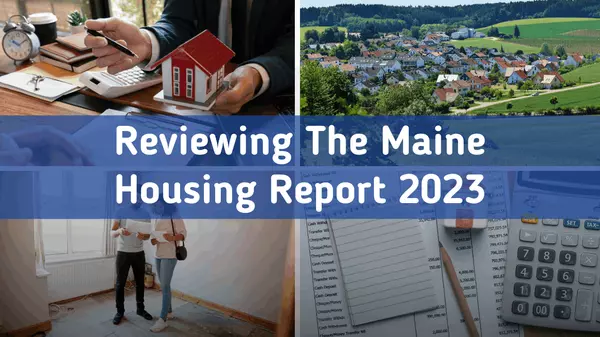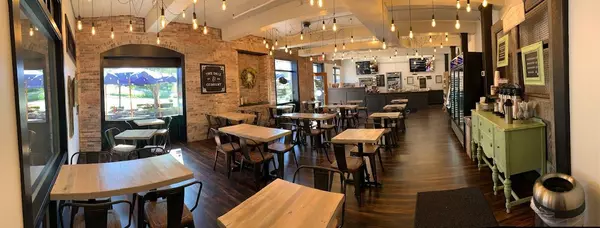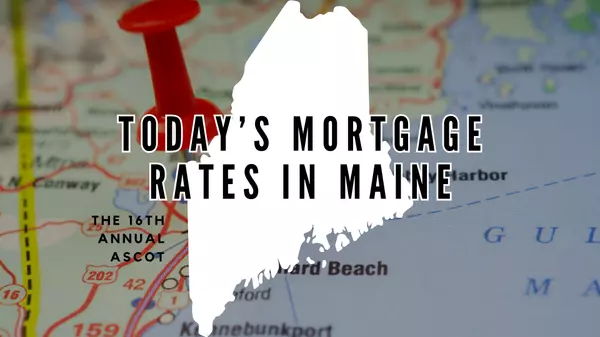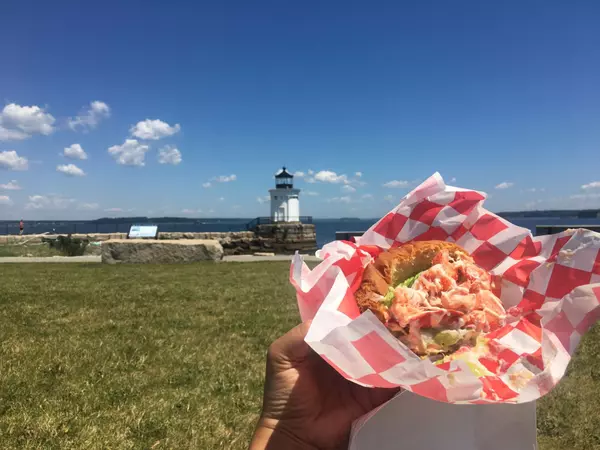Are Short Term Rentals Causing Our Housing Crisis?
In recent articles, the impacts of short-term rentals on the housing market have been a topic of discussion. While some argue that short-term rentals are a major contributor to the housing crisis, it is important to consider the statistics and trends that show their impact may not be as significant as expected. This article aims to provide some perspective on the issue and shed light on the various factors at play.
The Case of Bar Harbor
One article highlights the situation in Bar Harbor, where an estimated 616 additional housing units will be needed over the next 10 years to replace the units lost to short-term rental usage. This is a considerable number of homes for a community of Bar Harbor's size. The implications of such a development raise questions about where these new units will be located and how they will affect traffic and resources like schools.
The Moratorium in Old Orchard Beach
Another article focuses on Old Orchard Beach, where a moratorium on short-term rentals is being considered. This would mean that no more short-term rentals would be approved or allowed in the town until a thorough review of their impact on the community is conducted. While it is acknowledged that short-term rentals do have an impact on the housing market, it is important to recognize that they are not the sole cause of the housing shortage. There are multiple factors to consider in this complex issue.
The Role of Second Homes
Maine has always been a popular destination for second-home buyers, with 30 to 40 percent of buyers coming from out of state. Many of these buyers purchase vacation homes that would sit empty for most of the year. However, with the rise of platforms like Airbnb and VRBO, it has become easier for homeowners to rent out their properties on a short-term basis. As a result, many of these vacation homes are now being used as short-term rentals when the owners are not using them. This provides an opportunity for homeowners to generate income and offset the costs of owning a second home.
The Impact on Tourism and Crowding
The increase in short-term rentals has brought more tourists and visitors to areas like the coastline of Maine. While this is beneficial for the tourism industry and local businesses, it also leads to increased traffic and crowding along the beaches. The popularity of short-term rentals has made these areas more crowded than before. However, it is important to note that this is not solely due to new short-term rentals, but rather the increased usage of existing vacation homes.
Investors and Four-Season Rentals
Investors are also entering the market and purchasing properties specifically for use as short-term rentals. Maine offers a variety of vacation areas, including beaches, lakes, and mountains, which attract visitors throughout the year. Areas like Sunday River and Sugarloaf have become desirable for short-term rentals, as they offer amenities and attractions for all four seasons. This expansion of the short-term rental market into previously untapped areas provides more options for travelers and tourists.
Short-Term Rentals in Residential Neighborhoods
One concerning trend is the emergence of short-term rentals in areas like downtown Portland and local neighborhoods. Homes that were previously owned as primary residences are now being converted into short-term rentals. This poses two main issues. Firstly, short-term rental owners can afford to pay more for these homes, driving up prices and making it difficult for primary residence buyers to compete. This exacerbates the existing supply issue in the housing market. Secondly, the presence of short-term rentals in residential neighborhoods introduces tourists and travelers to areas where they may not belong. This raises concerns among residents and affects the overall character of the neighborhood.
The Larger Housing Problem
While short-term rentals have undoubtedly contributed to the housing shortage in terms of supply, availability, and pricing, it is important to recognize that they are not the sole factor. Maine is currently short of approximately 30,000 housing units needed to meet demand. This shortage is a result of population growth, conversion to investment properties, and the rise of short-term rentals. It is worth noting that Maine has always had a significant portion of its housing stock dedicated to vacation homes. Therefore, while the issue of short-term rentals is not new, it is becoming more prominent and requires attention from towns and communities before it becomes a more significant problem.
Short-term rentals have become a topic of concern in Maine, with their impact on the housing market drawing attention. While they do contribute to the housing shortage, it is important to consider the broader context and the various factors at play. The rise of short-term rentals has transformed vacation homes into income-generating properties and attracted investors to previously untapped areas. However, the presence of short-term rentals in residential neighborhoods raises concerns about pricing and the character of these communities. It is crucial for towns and communities to address this issue before it further exacerbates the housing shortage.
Categories
Recent Posts











"My job is to find and attract mastery-based agents to the office, protect the culture, and make sure everyone is happy! "
